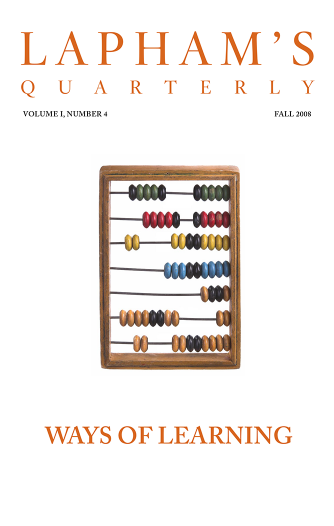Of the territory that the Romans won in war from their neighbors, a part they made common land and assigned for occupation to the poor and indigent among the citizens, on payment of a small rent into the public treasury.
When the rich began to offer larger rents and drove out the poor, a law was enacted forbidding the holding by one person of more than five hundred acres of land. For a short time, this enactment gave a check to the rapacity of the rich and was of assistance to the poor, who remained in their places on the land they had rented. But later on the rich men, by means of fictitious personages, transferred these rentals to themselves and finally held most of the land openly in their own names. Then the poor, who had been ejected from their land, no longer showed themselves eager for military service and neglected the bringing up of children, so that soon all Italy was conscious of a dearth of freemen and was filled with gangs of foreign slaves, by whose aid the rich cultivated their estates, from which they had driven away the free citizens.
Tiberius, on being elected tribune of the people, took the matter directly in hand. With the people crowding around the rostrum, he took his stand there and pleaded for the poor. “The wild beasts that roam over Italy,” he would say, “have every one of them a cave or lair to lurk in. But the men who fight and die for Italy enjoy the common air and light, indeed, but nothing else. Houseless and homeless, they wander about with their wives and children. And it is with lying lips that their imperators exhort the soldiers in their battles to defend sepulchres and shrines from the enemy. For not a man of them has a hereditary altar, not one of all these many Romans an ancestral tomb, but they fight and die to support others in wealth and luxury, and though they are styled masters of the world, they have not a single clod of earth that is their own.”
Such words as these no adversary of Tiberius could successfully withstand.
From Parallel Lives. Tiberius Sempronius Gracchus began his career in politics after many successful years in the military. This proposed measure, intended to revive a decades-old policy, was popular among voters, but its legislative process spawned a series of ill-fated political maneuverings that ultimately brought on Tiberius’ death by clubbing. Despite his demise, the Senate allowed the land commission to continue.
Back to Issue

